ENGINEERING CHEMISTRY LABORATORY
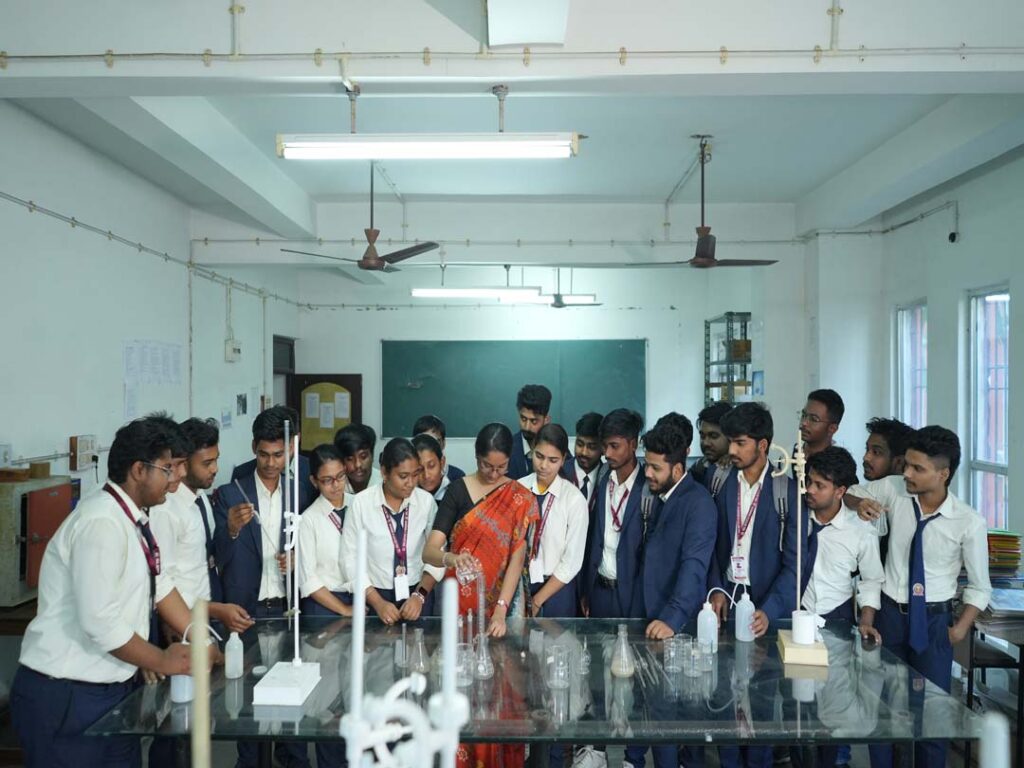
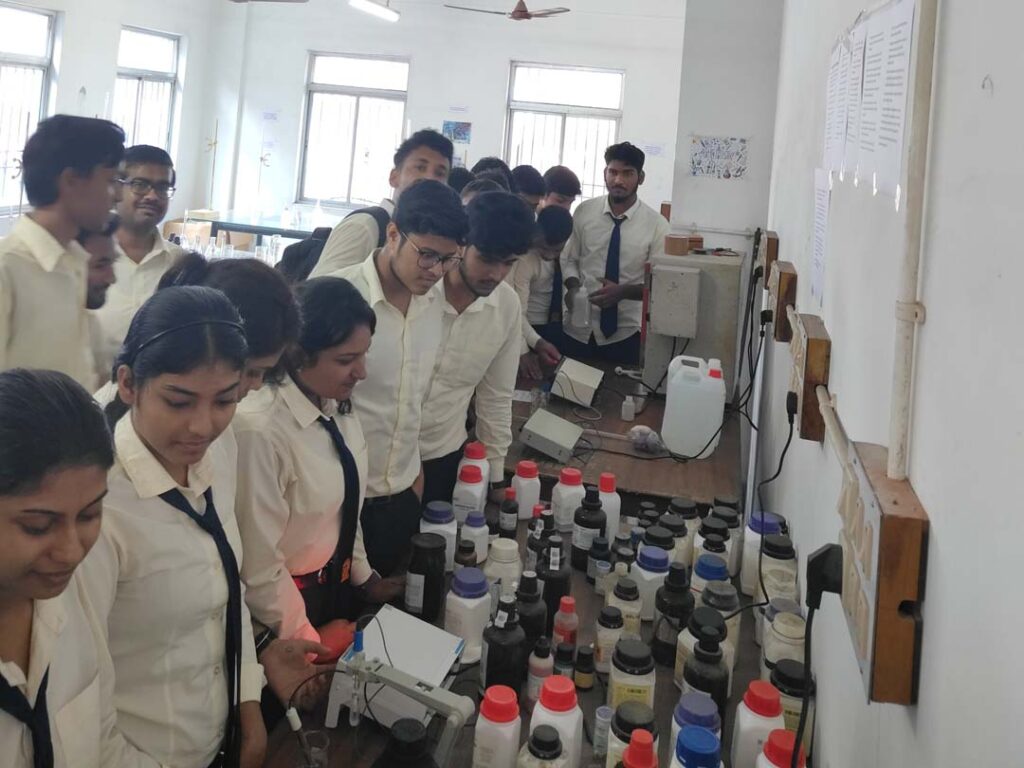
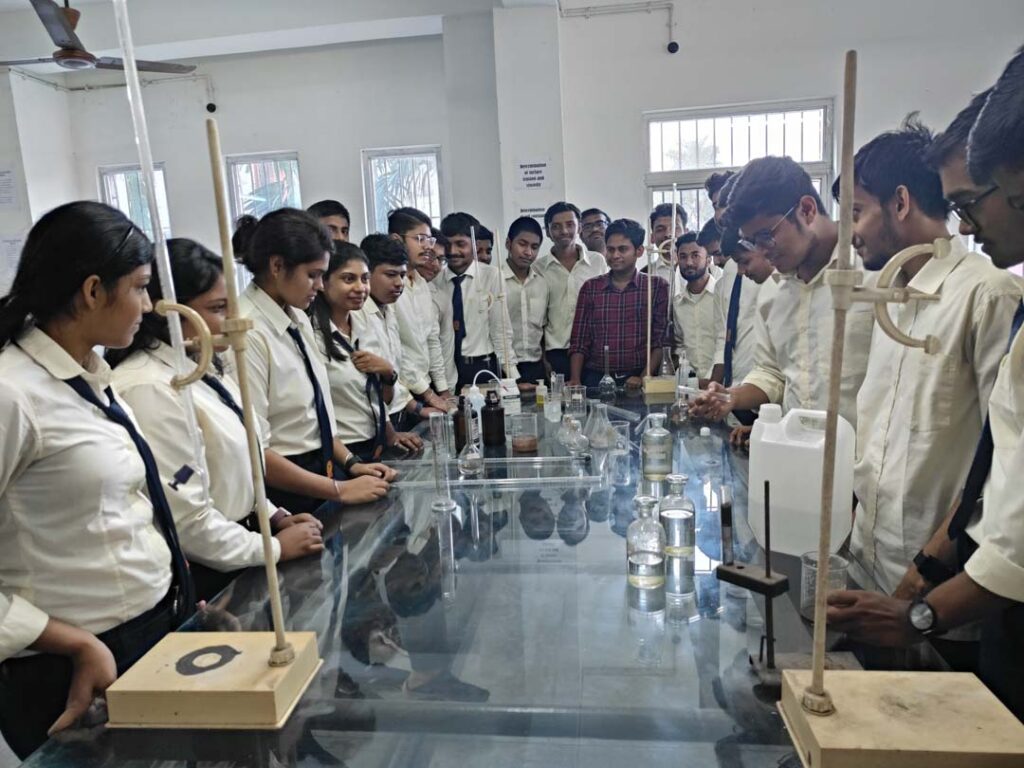
Chemistry, a fundamental subject in engineering education, serves as a bridge between basic sciences and engineering subjects by providing essential knowledge about materials, chemical reactions and processes in various engineering fields. The use of chemistry within the field of engineering can broadly be divided into three main areas. The first area is concerned with the application of chemistry as the basis of power-generating machinery, such as combustion engines, for example. Knowledge of chemistry and chemical reactions is required in the design and subsequent production of such power-generating equipment. The second area of use is chemical engineering, where the main purpose is to transform raw materials into more valuable or useful forms. Chemical engineers use their knowledge of chemistry to design, improve and maintain processes involving chemical and/ or biological transformations for use within large-scale manufacture. The third area of use is in the field of electronics which involves the manipulation of electrons, demanding knowledge of chemistry, including elements, properties, and valence electrons.
A strong foundation in engineering chemistry is thus fundamental to technological progress, environmental sustainability and industrial advancement and a chemistry laboratory has a key role in promoting hands-on education that helps engineers understand chemical principles and develop innovative solutions for real-world applications. Our chemistry laboratory equipped with modern equipment offers the opportunity to gain valuable hands-on experience in the following experiments:
List of Experiments:
- Conductometric titration for determination of the strength of a given HCl solution by titration against a standard NaOH solution.
- pH-metric titration for determination of strength of a given HCl solution against a standard NaOH solution.
- Determination of dissolved oxygen present in a given water sample.
- To determine chloride ion in a given water sample by Argentometric method (using chromate indicator solution).
- Determination of surface tension and viscosity.
- Thin layer chromatography.
- Ion exchange column for removal of hardness of water.
- Determination of the rate constant of a reaction.
- Determination of cell constant and conductance of solutions.
- Potentiometry – determination of redox potentials and EMFs.
- Saponification/acid value of an oil.
- Chemical analysis of a salt.
- Determination of the partition coefficient of a substance between two immiscible liquids.
- Adsorption of acetic acid by charcoal.
- Use of the capillary viscometers to the demonstrate of the isoelectric point as the pH of minimum viscosity for gelatine sols and/or coagulation of the white part of egg.
